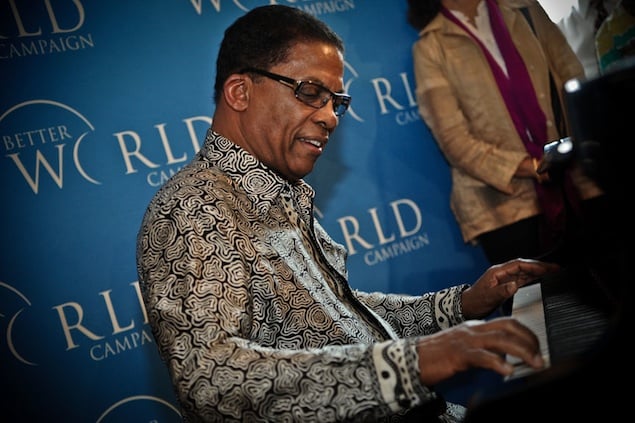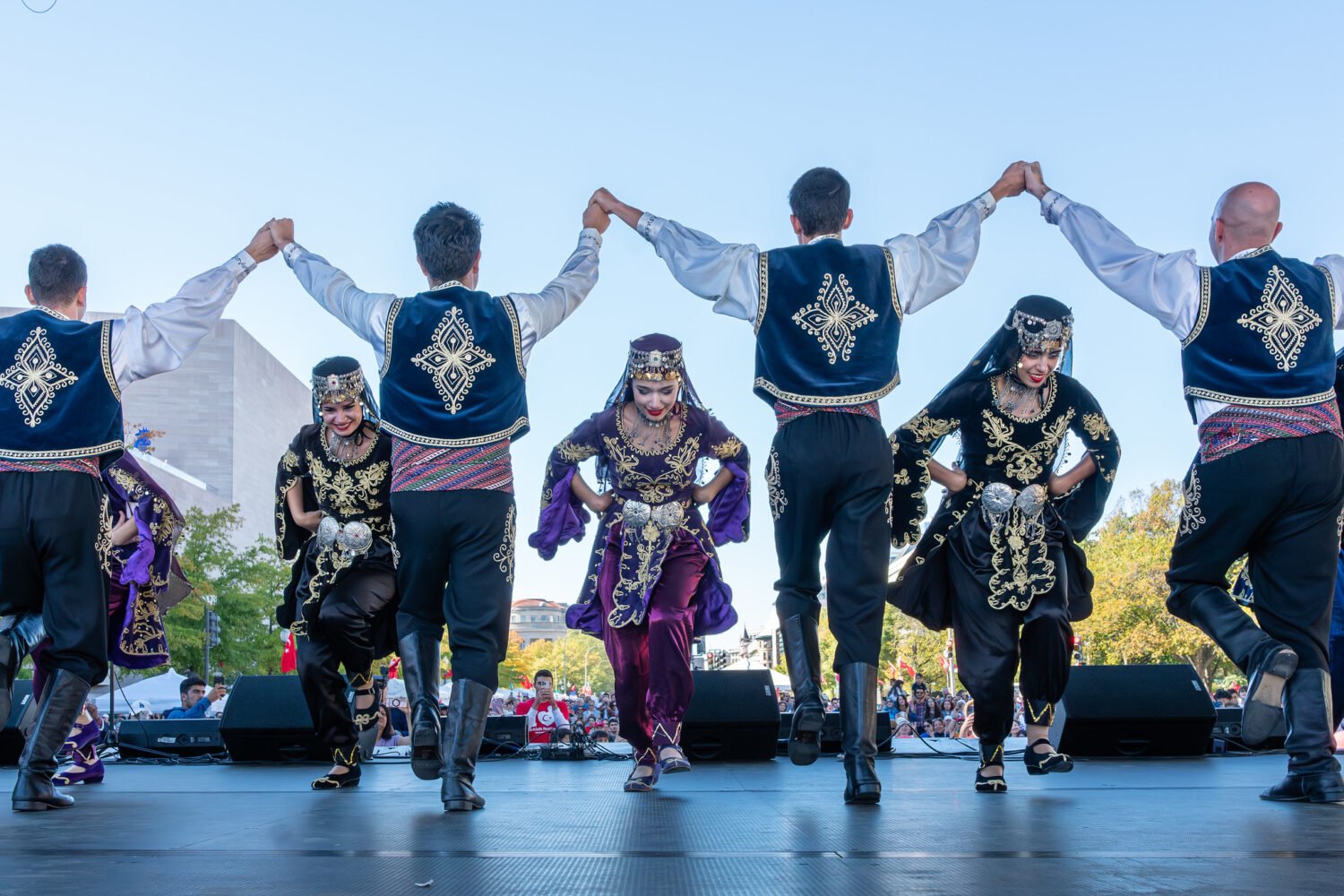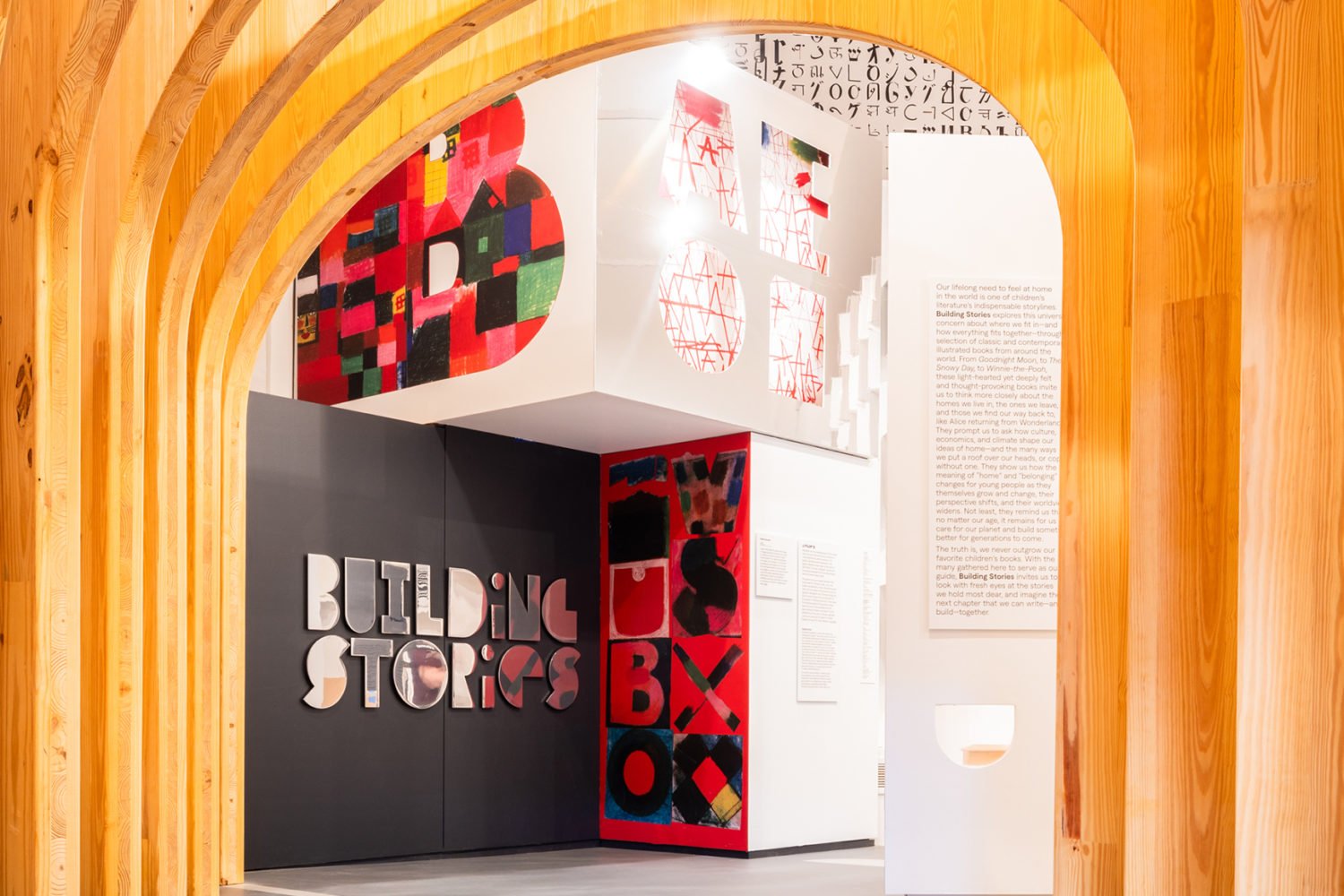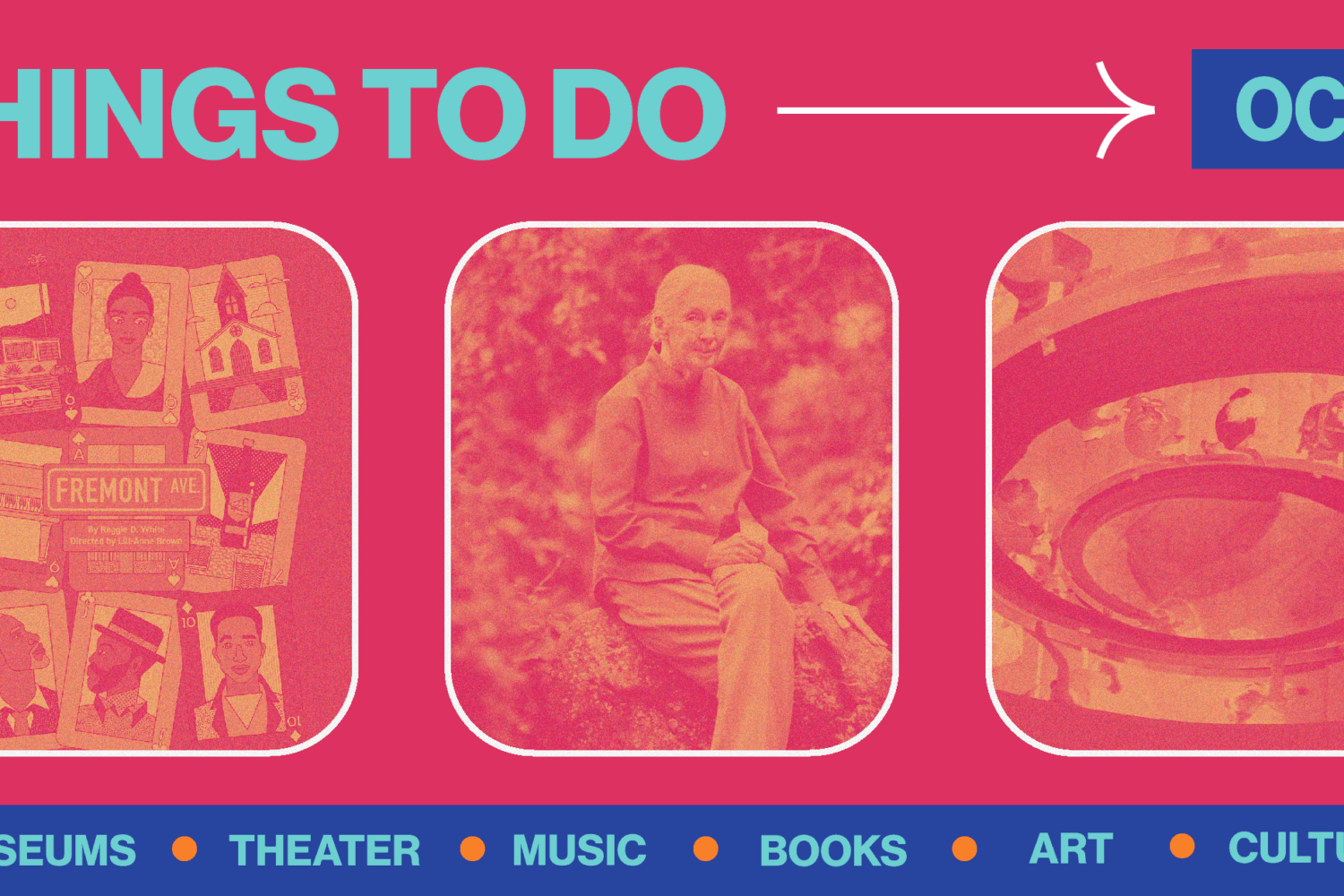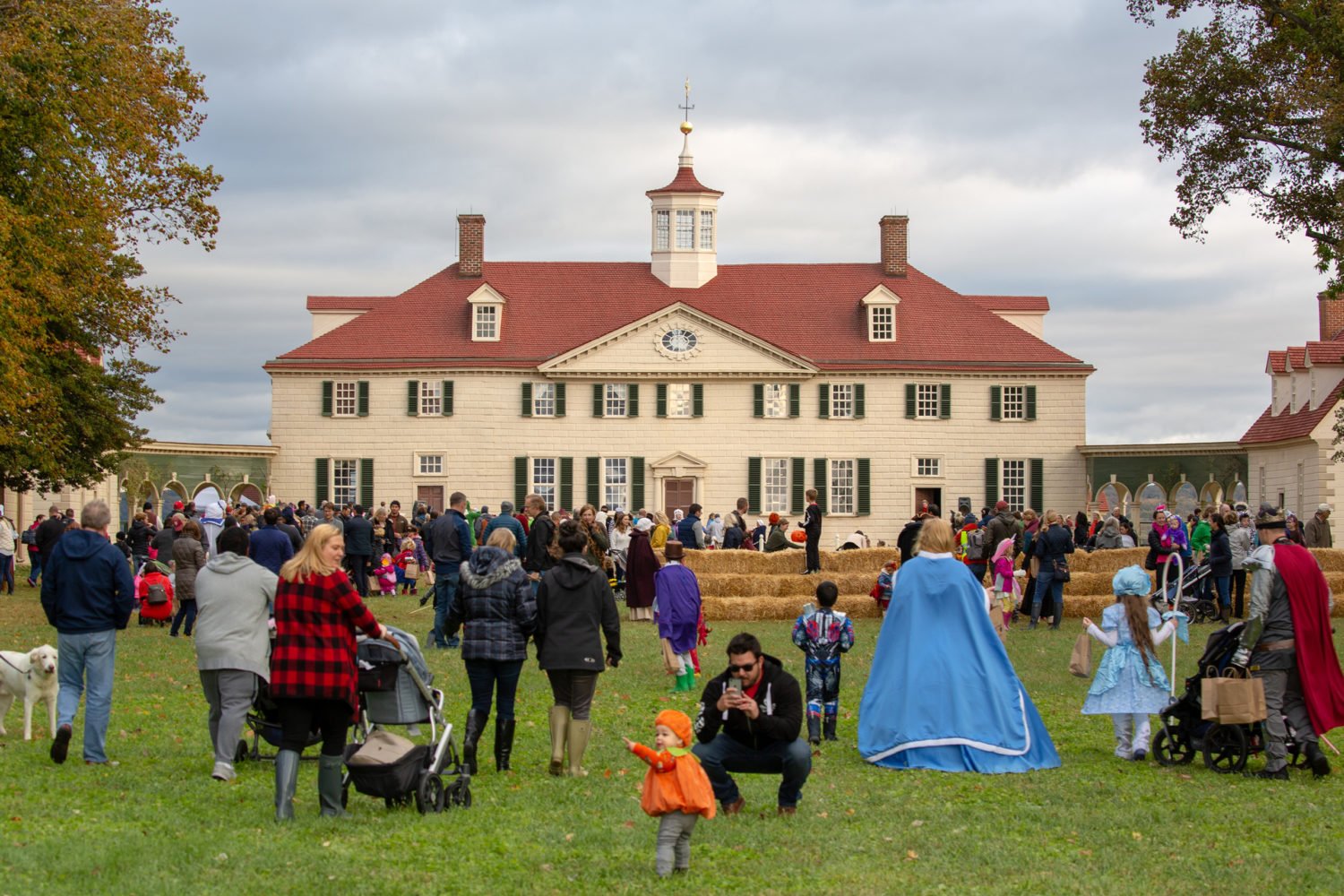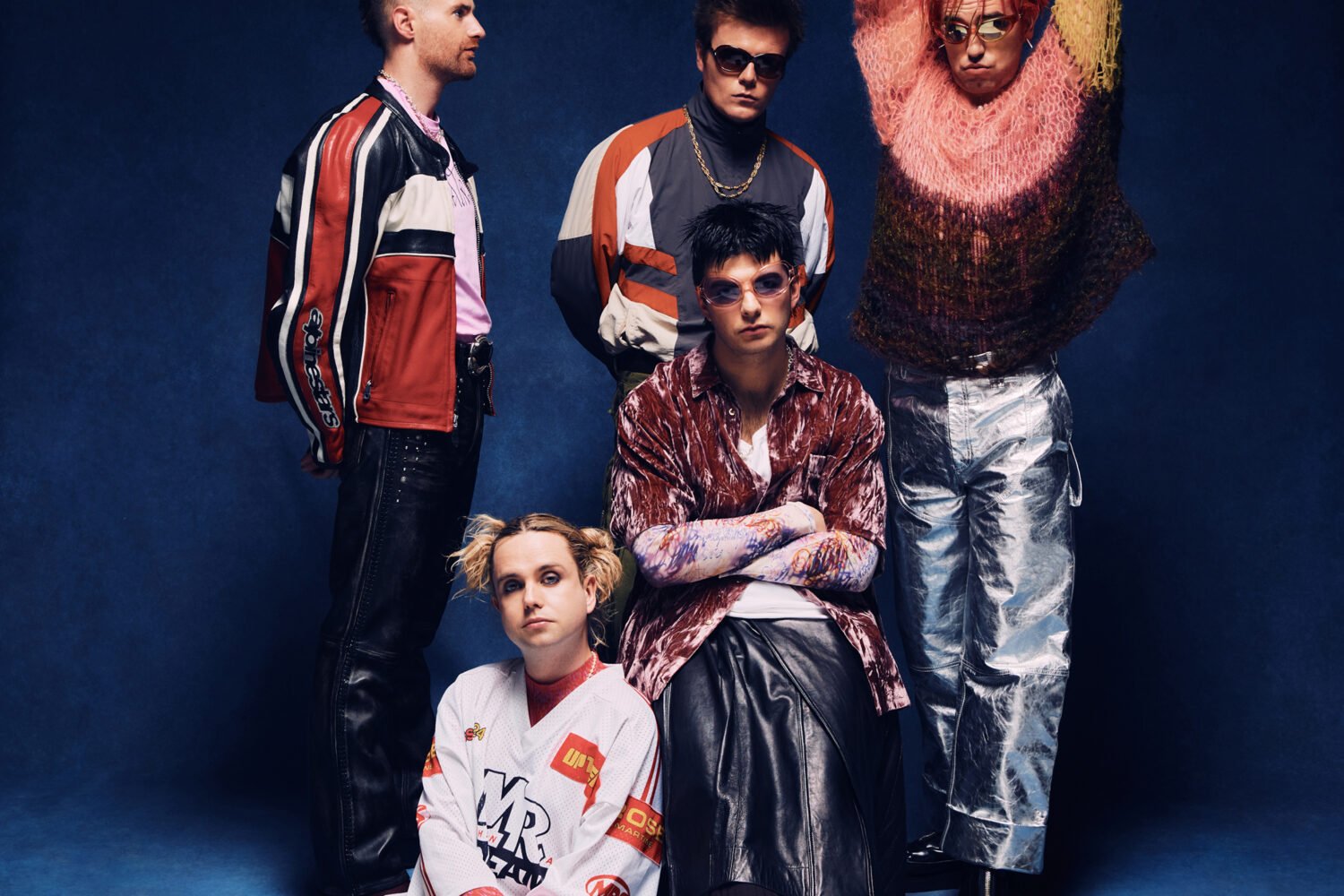For a few peaceful moments last night,
Herbie Hancock united Democrats and
Republicans, staffers and lobbyists, with music. The renowned jazz
musician, who became a UNESCO goodwill
ambassador last summer, was in Washington for an event at the
Rayburn House office building that recognized his busy first
year of service.
In his position, Hancock has been tasked with using
music to reach out to citizens of other countries in order to encourage
mutual understanding. UNESCO—the United Nations Educational,
Scientific, and Cultural Organization—works globally to promote
peace and intercultural dialogue. Only a few months after being
named a goodwill ambassador, Hancock managed to coordinate
the first International Jazz Day, a celebration of a musical
genre that’s firmly rooted in American tradition but has universal
appeal. The festival, which took place April 30, comprised
hundreds of concerts in 42 countries. Hancock also took a trip
to Southeast Asia last December, touring Cambodia and Indonesia
to observe UNESCO’s projects there.
High-profile speakers at the event, sponsored by the Better World Campaign, L’Oréal Paris, and National Geographic, praised
him for his talent and dedication. Representatives
John Conyers (Democrat) and
Fred Upton (Republican), both from Michigan, came to show their bipartisan support. UNESCO’s head of US external relations,
George Papagiannis, called Hancock “a man whose seemingly limitless talent is only matched by his generosity.”
Esther Brimmer, assistant secretary of state for international organization affairs, said he was “one of the world’s great musicians” and
the “driving force behind International Jazz Day.”
“Tonight we’ll have a chance to celebrate the fact that the world honors and loves American jazz,” she announced to the audience
of about 100 people. “International Jazz Day is a gift to the world—so thank you.”
The event comes at a critical time for UNESCO, which
lost its funding from the United States, a major benefactor of the
organization,
for allowing representatives from Palestine to join last year.
Kathy Calvin, CEO of the UN Foundation—an independent organization that advocates for the United Nations*—called on the US “to
find a way as soon as possible to reengage.”
“The fact that Herbie Hancock is ambassador is critical [to this mission],” she said, “because we are always looking for an
opportunity to remind Americans that we do work that is in the country’s best strategic interest.”
But the evening overall was low on politics. Instead,
attendees focused on the music. The crowd gathered around a shining
black Yamaha grand piano in one corner of the room to watch
Hancock run his fingers up and down the keys. At 72, the jazz
great looked youthful and energetic as he played. His facial
expressions registered every feeling: He bit his lower lip in
concentration before breaking out into a smile, which soon
morphed into a look of tangible emotion.
Hancock has spent a lifetime playing classical-infused
jazz that has won him scores of fans, 14 Grammys, an Oscar, and the
respect of many other jazz legends since the 1960s, from Miles
Davis to Chick Corea to Wynton Marsalis. Next up, he plans
on working with UNESCO to develop teaching methods that use
music to engage children in math and science.
He is keenly aware of the power of jazz. “It was born
from the African-American experience,” he said, “but jazz was an answer
that came from the human spirit; an answer from the great
challenge to the survival of human beings. Challenge is a part of
human life, and people can respond to the essence of what
that’s really about.”
*This post has been updated from a previous version.

